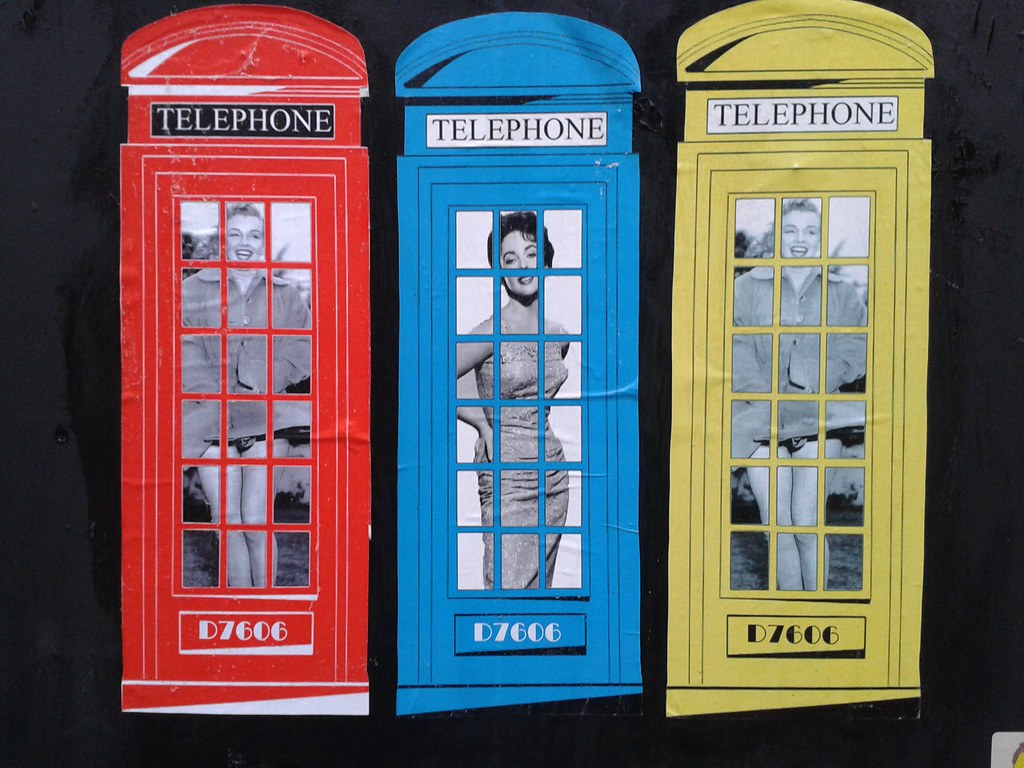The American embassy in Saigon was” turbulent hellhole” in the flower of 1975, as a crushing North Vietnamese advance mushroomed into an deluge of savages over the capital. Every night at six o’clock, there was more people than there could fit traveling outside the region. It was troops, their wives and kids, the citizens of the city, and those who supported the American state https://www.cbc.ca/life/culture/advice-for-online-dating-in-2021-from-the-creator-of-a-popular-dating-app-1.5862290. Many of them were wives from the Vietnamese conflict.
American people in Vietnam generally believed that getting married to a Vietnamese woman would bring balance and quality to their life. They thought that having a spouse would help them effectively regulate their careers and protect their kids from being mistreated in the panic of fighting for their nation abroad.
Additionally, a lot of American guys found the funny and submissive Eastern people attractive. Those who had had bad activities in the past found these traits to be particularly alluring. Girls who worked on bases, in pubs, and in bars were common Vietnamese battle brides. Even some of them were raised in American households. This is a significant contrast from Iraq and Afghanistan, where the war imposes severe limitations on men, such as the prohibition of alcohol and the stigma against approaching women.
Numerous Vietnamese wives believed that getting married to a american male would enhance their social standing as well as their monetary hopes. The “green tide of American dollars” opened up new financial prospects for Vietnamese maids, chefs, and bartenders from lower social classes.
However, the loss of standard community values outweighed these increases. There were many wives who disliked being treated as next category residents in their own country, and it was common for the spouses to become away from home for extended periods of time. Resentment frequently resulted in acrimonious claims and actually marriage.

It is not astonishing that a sizable quantity of unions between American and Vietnamese people ended in conflict. The tale vietnamese girl for sale of Ba Den, a female who had wed an American and then scaled the rock to end her life, is one illustration of this.
A third of the American and Vietnamese battle weddings appear to be military staff on active duty, though it is difficult to estimate how many. Less than a second of the remaining individuals are past service members, and the remainder are civilians working for the American state. Neither team is permitted to wed without first obtaining defense permission from the Vietnamese embassy, a lengthy process that calls for extensive records.
Some Vietnamese have also chosen to remain in the United States and raise their children ok. In the rest of Asia, where most girls go back to their families after spouses ending, this is not a prevalent training.
